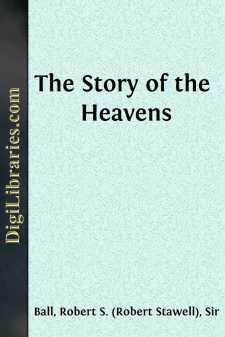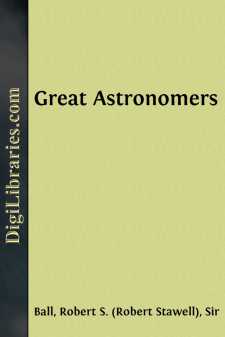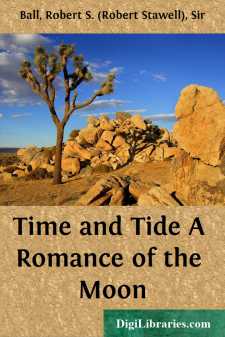Categories
- Antiques & Collectibles 13
- Architecture 36
- Art 48
- Bibles 22
- Biography & Autobiography 813
- Body, Mind & Spirit 142
- Business & Economics 28
- Children's Books 17
- Children's Fiction 14
- Computers 4
- Cooking 94
- Crafts & Hobbies 4
- Drama 346
- Education 46
- Family & Relationships 57
- Fiction 11829
- Games 19
- Gardening 17
- Health & Fitness 34
- History 1377
- House & Home 1
- Humor 147
- Juvenile Fiction 1873
- Juvenile Nonfiction 202
- Language Arts & Disciplines 88
- Law 16
- Literary Collections 686
- Literary Criticism 179
- Mathematics 13
- Medical 41
- Music 40
- Nature 179
- Non-Classifiable 1768
- Performing Arts 7
- Periodicals 1453
- Philosophy 64
- Photography 2
- Poetry 896
- Political Science 203
- Psychology 42
- Reference 154
- Religion 513
- Science 126
- Self-Help 84
- Social Science 81
- Sports & Recreation 34
- Study Aids 3
- Technology & Engineering 59
- Transportation 23
- Travel 463
- True Crime 29
Robert S. (Robert Stawell) Ball
Robert Stawell Ball (1840–1913) was an Irish astronomer and mathematician known for his contributions to astronomy and popular science writing. He served as the Royal Astronomer of Ireland and later became the Lowndean Professor of Astronomy and Geometry at Cambridge University. Among his notable works are "The Story of the Heavens" and "The Cause of an Ice Age," both of which helped to make complex scientific ideas accessible to the public. Ball also made important contributions to the field of kinematics, particularly in the study of screw theory.
Author's Books:
Sort by:
CHAPTER I. THE ASTRONOMICAL OBSERVATORY. Early Astronomical Observations—The Observatory of Tycho Brahe—The Pupil of the Eye—Vision of Faint Objects—The Telescope—The Object-Glass—Advantages of Large Telescopes—The Equatorial—The Observatory—The Power of a Telescope—Reflecting Telescopes—Lord Rosse's Great Reflector at Parsonstown—How the mighty Telescope is...
more...
Of all the natural sciences there is not one which offers such sublime objects to the attention of the inquirer as does the science of astronomy. From the earliest ages the study of the stars has exercised the same fascination as it possesses at the present day. Among the most primitive peoples, the movements of the sun, the moon, and the stars commanded attention from their supposed influence on human...
more...
LECTURE I. It is my privilege to address you this afternoon on a subject in which science and poetry are blended in a happy conjunction. If there be a peculiar fascination about the earlier chapters of any branch of history, how great must be the interest which attaches to that most primeval of all terrestrial histories which relates to the actual beginnings of this globe on which we stand. In our...
more...




